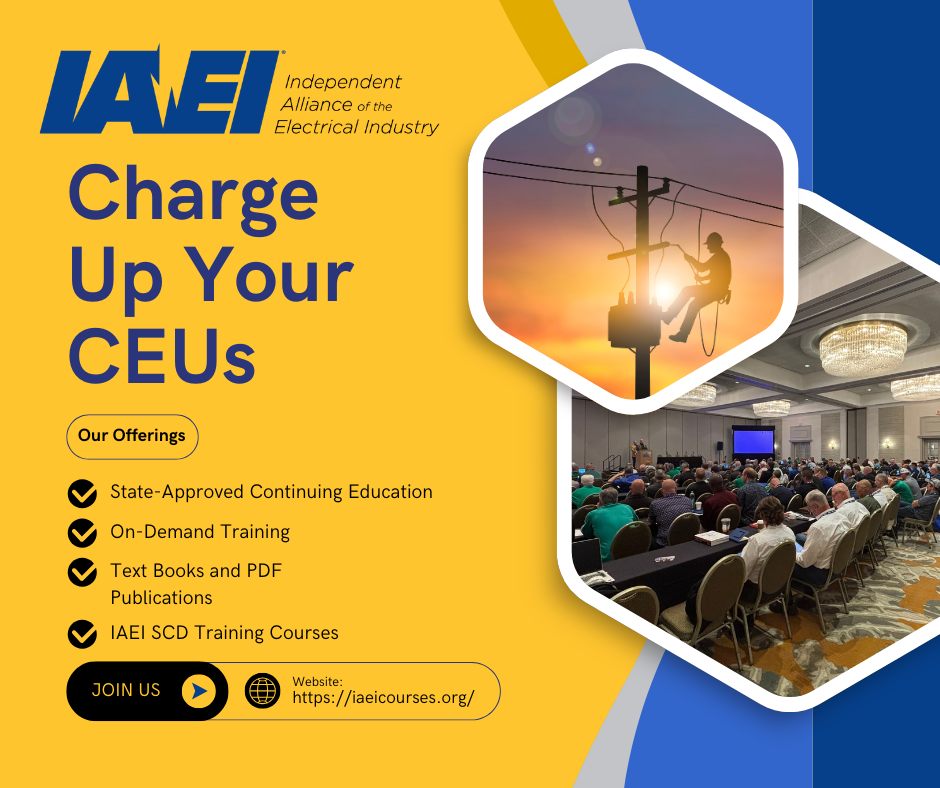The Laws. In many jurisdictions, state and local laws require all electrical equipment to be certified by an approved independent third-party testing laboratory. Often, these laws even impose or levy fines and imprisonment for violation! For a facility owner, or an electrical or general contractor, these laws can be an advantage, because many times, the cost of certification can be passed on to the equipment manufacturer or distributor. After all, it is their responsibility to provide a piece of equipment or system that has been evaluated and tested for electrical safety. When a manufacturer or distributor is confronted with the requirements for electrical product safety, the most common answer is “I have this equipment all over the country, and it has never been turned down.” In reality, they are saying, “What, you wanted it done right?” or, “This equipment works fine! You didn’t specify that it would need to be safeguarded against risk of fire or electrocution.”

Photo 1
U.S. federal law places the responsibility squarely on the equipment owner, that is, the owners and managers of the workplace. In the absence of a specific local law, any accidents or deaths caused by non-certified electrical equipment are the responsibility of the business owner. In this age of lawsuits, this could mean severe damage to a business, even bankruptcy. Recently, many risk management departments have identified non-certified equipment as a cause for concern. Some companies have addressed this issue with restrictive language in purchase orders or other contracts. An example of this wording would be, “All electrical products, equipment and systems must be certified by a Nationally Recognized Testing Laboratory, either at the time of manufacture, or must be Field Labeled onsite, prior to being energized….”
The Standards
Most product safety standards are related to the U.S. National Electrical Code; however, the NEC as a whole is generally not applicable to electrical products. One of our senior product safety engineers once said, “If products had to be evaluated to the NEC, almost none of them would pass!” Most electrical inspectors know this, and immediately require third-party inspections to be performed. For industrial equipment, we utilize a number of standards, including UL 508a, UL 73, and NFPA 79. For specific products, certain standards are used, for example, UL 775 is used for graphic arts equipment. For field evaluated products, only certain tests are performed, based on the electrical construction evaluation. Since testing must be almost exclusively non-destructive, the review of electrical components, wiring methods, spacings, and schematics becomes very important.
The Field Evaluation Process

Photo 2. Working against the clock
The way to save time and money is to be prepared! To illustrate this, we can look at two scenarios. The first scenario is the “last minute job,” where everything goes wrong, and nobody is really prepared. The second scenario reflects good planning, and the result is a business that opens on schedule.
1. AAA MetalWorks
Bob knew he was in trouble when the electrical inspector stood in front of his foreign-made milling machine. “Where’s the label?” he asked. Bob fumbled around and then pointed to the “CE” sticker on the machine. “Sorry, that’s meaningless without a U.S. recognized laboratory sticker,” said the inspector. Bob started to panic, “But it’s Thursday and we have to open next Monday! The distributor told me this machine wouldn’t be a problem!” The inspector replied, “Well, you’ll have to call a testing lab right away, and you had better hope it passes the first time. By the way, all that older equipment you moved from your previous shop will also have to be third-party evaluated.” Now Bob has to deliver the bad news to the company president.
2. B&B Printing
“I’m sure glad our electrical contractor gave me that local lab number to call. I have the lab card from the inspector, but it’s nice to get a personal reference,” Jim said with relief, when the plant manager had asked him if the certificate of occupancy (CO) was going to be on schedule. Thinking back, he was glad he called the lab as soon as the non-certified equipment issues came up. His lab representative had come by immediately, and walked through the plant, identifying equipment that would need to be evaluated. Although the foreign press had passed the first time, some of the other equipment had major electrical safety problems, and had required modifications and a return visit by the testing lab. Fortunately the process went smoothly, because all the schematics were available, and Jim had a good relationship with his equipment suppliers, who were able to get the information needed for the evaluation. The MET engineer had also told him about the legal requirements, and he was able to get the equipment distributors and manufacturers to pay for the field labeling work. Since B&B had no real budget for this, the savings of the unexpected costs made Jim’s boss really happy.
One Less Issue
When a certificate of occupancy is delayed, somebody usually has to take the blame. Thousands of dollars a day can be at stake, and delayed openings have ripple effects throughout a company. Also, the contractors and suppliers are often negatively affected. Many times, field labeling becomes the process responsible for the delays, either because it was not addressed right away, or someone decided to “take a chance” on the electrical inspector’s vigilance, or on (false) assurances from an equipment manufacturer or distributor. Also, delays can be caused by uncooperative manufacturers, or simply because the equipment was made in another country. One of our goals is to keep these issues from delaying your project!
Plan Ahead
If you think the equipment on your job may be a problem to the electrical inspector, get your test lab involved. With the right lab, you can get help over the phone, and many times an engineer will be available to drop in and look at the equipment in question. With proper planning, the field evaluation process can be handled smoothly, and as a benefit, your equipment in the workplace will be certified to a defined level of safety from electrical fire and shock hazard.










Find Us on Socials